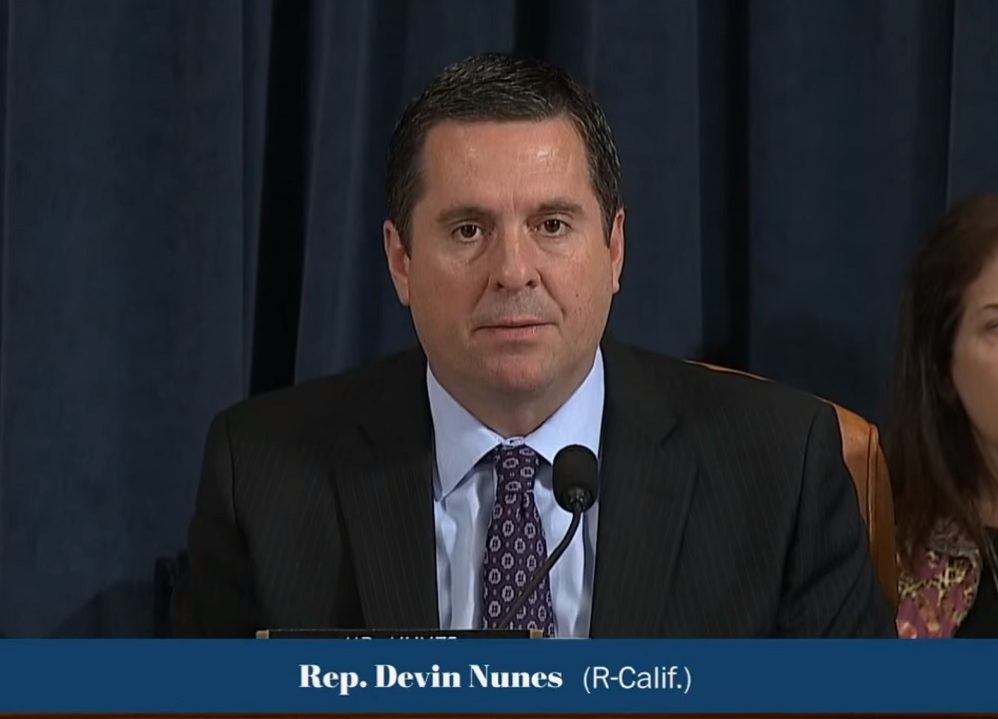The first phase of impeachment did not go well for Democrats. It needed to be a time when support for the inquiry and impeachment grew. Instead, it shrank.
With the likely conclusion of Rep. Adam Schiff’s impeachment proceedings, it’s worth taking a step back and looking at how things went for the majority Democrats and minority Republicans on the House Permanent Select Committee on Intelligence.
Democrats ideally would have started their inquiry with credible bipartisan support and run things in such a way that public opinion developed in their favor. Public opinion would build pressure on Republican members toward an impeachment vote that had even stronger bipartisan credibility.
That did not come even close to happening. To begin with, not only was the vote to begin proceedings not bipartisan, there was bipartisan opposition to it. Polling initially looked promising for impeachment, with media outlets attempting to claim significant bipartisan support for inquiry and removal, but then the polling moved in the wrong direction for Democrats.
Emerson polling showed that support for impeachment flipped since October from 48 percent support with 44 percent opposing to now 45 percent opposed and 43 percent in support. Among key independents, the switch was even more pronounced. In October, 48 percent supported impeaching President Donald Trump, with 39 percent opposed. Now, 49 percent of independents oppose impeachment, while only 34 percent support it.
A new Marquette University Law School poll found that 40 percent of registered voters in the swing state of Wisconsin think that Trump should be impeached and removed from office, while 53 percent do not think so. Another 6 percent weren’t sure.
A new Gallup poll shows that Trump’s approval has ticked up two points since the impeachment drama began, with 50 percent of Americans opposed to it and 48 percent in support. Henry Olsen notes that Gallup polls all adults, not just registered voters, meaning that a poll of registered voters would have Trump’s job approval even higher and impeachment opposed by closer to a 52-46 margin.

And not only are no Republicans expected to join with Democrats in an eventual impeachment vote, some members expect the bipartisan consensus against it to grow.
Republicans, by contrast, needed to aim for bipartisan opposition to the impeachment proceedings, keep their members in line, make the case that the impeachment proceedings lacked fairness, and that concern about Ukrainian corruption was legitimate. They managed to do all that.
Here’s why things went well for Republicans in phase one of impeachment. --->Read the rest from Mollie Hemingway HERE at The Federalist.
If you like what you see, please "Like" us on Facebook either here or here. Please follow us on Twitter here.


No comments:
Post a Comment